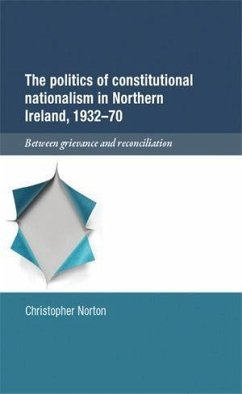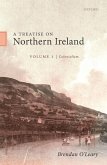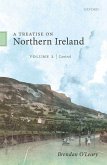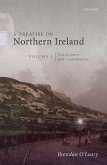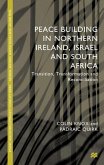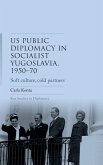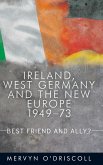This book is a timely analysis of Northern Ireland's constitutional nationalist tradition in the years leading up to the outbreak of the Troubles. It presents a comprehensive account of the diverse political parties, organisations and activists that sought to redress Catholic grievances and pursue a nationalist political agenda through strictly peaceful and constitutional means. Drawing upon an extensive range of primary source materials and existing secondary literature, this important work brings new light to the complex world of constitutional nationalist politics. The book discusses the emergence of anti-partitionism as a major preoccupation of constitutional nationalism and examines an array of strategies adopted by the main nationalist groups which were intended both to galvanise Catholic support and to move closer to the goal of Irish unity. It assesses the context of these strategies as well as their outcomes and consequences. The fragmentary nature of Northern nationalism is evaluated fully, taking into consideration its divisions between parliamentary abstentionism and active participation, and between its rural Catholic conservative and urban secular labourist elements. The problematic relationships that existed between Northern nationalists and successive Irish governments and the challenges posed by militant Irish republicans in the period are also considered, along with the key developments of the 1960s, when a vocal minority within constitutional nationalism called for a modernised liberal nationalism and a new relationship between Nationalism and Unionism. This volume is essential reading for students of contemporary Irish politics and for those with an interest in conflict resolution in divided societies.
Hinweis: Dieser Artikel kann nur an eine deutsche Lieferadresse ausgeliefert werden.
Hinweis: Dieser Artikel kann nur an eine deutsche Lieferadresse ausgeliefert werden.

